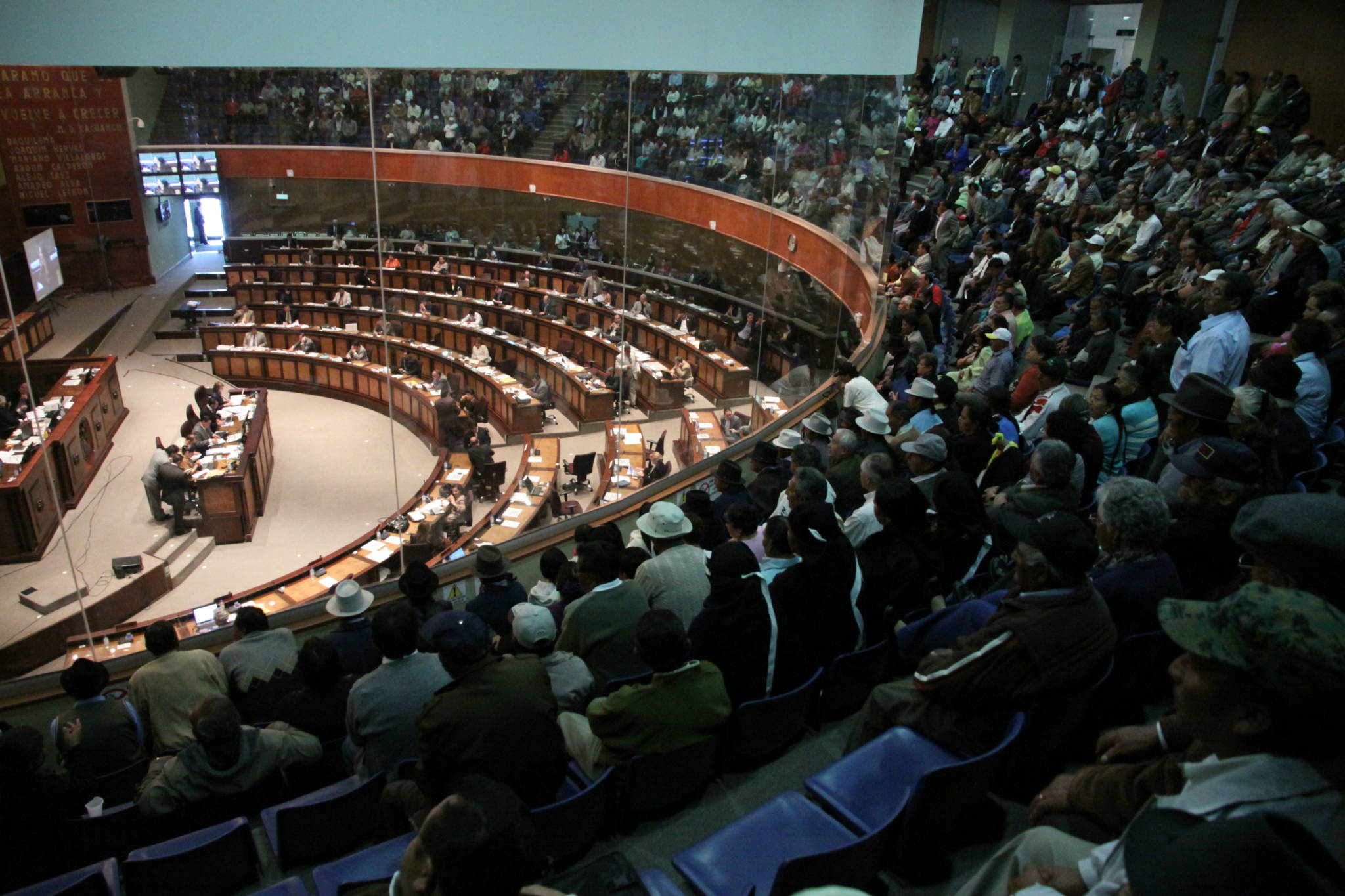Electoral processes involve a transfer dynamic. On the one hand, the citizenry permanently makes value judgments on the management of a government or politician, while the contenders for power dispute the representation through which they assume a supposed popular will that we transfer to them. This transfer, through the vote, translates into a greater or lesser legitimacy of the winners, which is used as a justification to impose an agenda. This dynamic is key in the conflict between the Executive and the Legislative power, or the so-called concept of checks and balances.
In the ballot, Ecuadorians elected Guillermo Lasso to lead the country for the next four years, while in the first round, citizens elected the members of the Legislative branch, where the president-elect’s party obtained only 12 out of 137 seats. In this context, Lasso will have to seek agreements with other benches in search of governability and to avoid confrontation.
From power struggle to good governance
Although the conflict of powers has left conflict resolution aside by praetorian means, a strong conflict between the Executive and the Legislature could seriously affect the stability of a government, although not of a regime.
In Ecuador, for the new administration to be inaugurated in May 2021, everything will depend on three factors. First, the capacity of the Executive to include popularly supported and transversal measures in its agenda. Secondly, the cohesion of the benches in the Assembly under a logic of governance and not revanchism. And finally, the degree of social conflict that develops as a result of the two previous factors.
Governance or “good government” in Ecuador, during the last fourteen years, has depended on a hyper-presidentialism–predominant in the region–that practically stripped checks and balances due to the large legislative majorities. This reduced the possibilities of initiatives by non-official political groups to a minimum and, in this context, the struggle for power overcame the plurality and consensus that should characterize a democratic regime.
Presidentialism per se entails a personification of power, and with it, political and social conflict. Therefore, the institutional conditions to process these conflict thresholds become essential. Taking into account the governmental apparatus cultivated during more than a decade in Ecuador, it becomes urgent that the new president directs the institutionality under the categorical imperative of agreements and shared objectives. That is to say, an effective participation of all political forces in decision making, in order to establish a legitimate “good government.”
Executive – Legislative Configurations
According to official results, the first majority in the National Assembly goes to the coalition of UNES (Union for Hope), a conglomerate of organizations related to the political project of former President Rafael Correa, which obtained 49 of the 137 seats. The leftist Plurinational Unity Movement Pachakutik, consolidated as the second force with 26 seats, while the Democratic Left completes the trilogy of the most voted lists which, in the inaugural session, will have to lead the election of the future Legislative authorities.
With this fragmented panorama, agreements are essential for the ruling party, which only has 12 legislators. Izquierda Democrática and Pachakutik, on the other hand, are called to establish alliances with the rest of legislators in order to form a majority, if they do not want the control to fall on the Correista wing.
Consequently, the President-elect will have to widen his ideological threshold in order to integrate the center-left positions represented by the Democratic Left and Pachakutik, if what he seeks is governability and a certain flexibility. On the other hand, Correismo will have to decide whether to entrench itself in the Legislative -with fragile agreements- or to join the talks leaving aside its stigma of hermetic political behavior, which translates into a great opportunity for the Executive to circumvent the power struggle.
The power struggle entails in its genesis a crisis of legitimacy. This dispute has been historical in Ecuador, a product of a multiparty system, added to the political culture with a tendency to personal and/or regional leaderships. All this in the context of a presidential regime that has rarely managed to establish a “dual legitimacy” of the Executive-Legislative.
In times like these, it is imperative to reach agreements and establish common objectives in order to overcome the deep crisis the country is going through. A power struggle in this context, besides being catastrophic, would be a clear sign of the lack of political will of our representatives. This, is all in a scenario of fatigued democracies where commitments and actions for the welfare of the majority are required more than ever.
Photo by National Assembly of Ecuador













